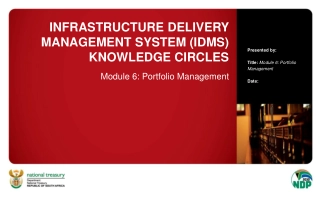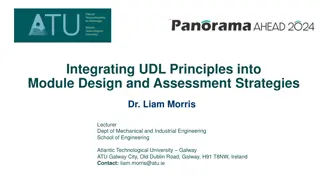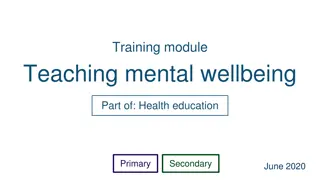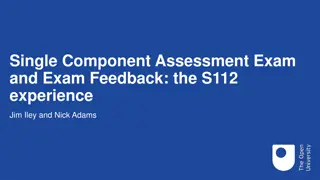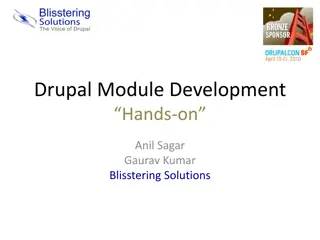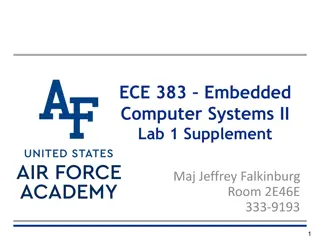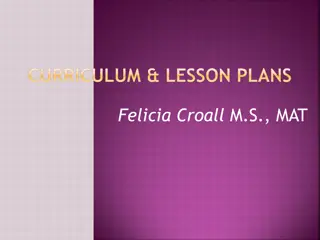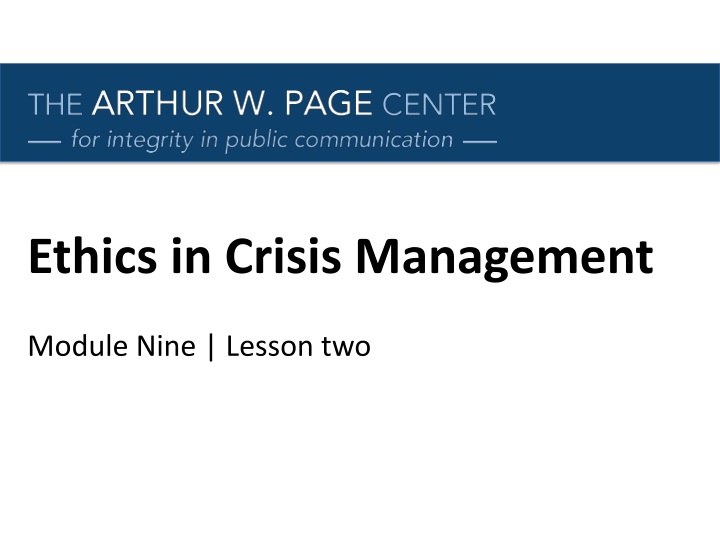
Managing Information Ethically in Crisis Situations
Explore the ethical considerations in crisis management regarding access to information, significant choices, challenges of information uncertainty, communication ambiguity, ethics of withholding information, and types of sensitive information. Understand the importance of transparency, stakeholder involvement, and ethical decision-making in handling crises effectively.
Download Presentation

Please find below an Image/Link to download the presentation.
The content on the website is provided AS IS for your information and personal use only. It may not be sold, licensed, or shared on other websites without obtaining consent from the author. If you encounter any issues during the download, it is possible that the publisher has removed the file from their server.
You are allowed to download the files provided on this website for personal or commercial use, subject to the condition that they are used lawfully. All files are the property of their respective owners.
The content on the website is provided AS IS for your information and personal use only. It may not be sold, licensed, or shared on other websites without obtaining consent from the author.
E N D
Presentation Transcript
Ethics in Crisis Management Module Nine | Lesson two
Lesson Two Overview: Access To Information During A Crisis Significant Choice Ethical Framework Challenge of Information Uncertainty in Crises Communication Ambiguity in Crises Ethics Of Withholding Information A Dialogic Approach In Addressing The Public s Concerns
Lesson Two Significant Choice Ethical Framework choice based on the best information available when the decision must be made choice making that is voluntary, free from physical or mental coercion when a group has vital information the public needs, that information must be disseminated as completely and accurately as possible
Lesson Two Five Standards For Significant Choice Stakeholders are free from physical or mental coercion. The choice is made based on all the information available. All reasonable alternatives are included in the discussion. Both short-term and long-term consequences are disclosed and discussed. Both senders and receivers of messages are open about their personal motives
Lesson Two Challenge of Information Uncertainty in Crises Uncertainty is the inability to determine the present or predict the future. Organizations experience uncertainty --due to lack of information --due to the complexity of the information --due to questions about the quality of the information
Lesson Two Communication Ambiguity in Crises defined as multiple interpretations of an event various groups may have communication goals and viewpoints that potentially conflict with each other The consistency of message is one important benchmark of effective crisis communication
Lesson Two Ethics Of Withholding Information Stonewalling, offering only selected disclosures, creating ambiguity, etc. in crisis is generally considered unethical There may be legitimate reasons to withhold information temporarily
Lesson Two Types of Sensitive Information Potential Consequence if Released Might jeopardizes national security or an ongoing police investigation Might unnecessarily violates privacy might lead to undue stigmatization of individuals or groups might lead to behaviors that would result in increased spread of disease
Lesson Two A Dialogic Approach In Addressing The Public s Concerns The public has the right to know what risks it faces Public concerns about risk should be accepted as legitimate. The public can serve as a resource, rather than a burden, in risk and crisis management Maintaining information transparency is important in building risk communication capacity to support all phases of emergency management


